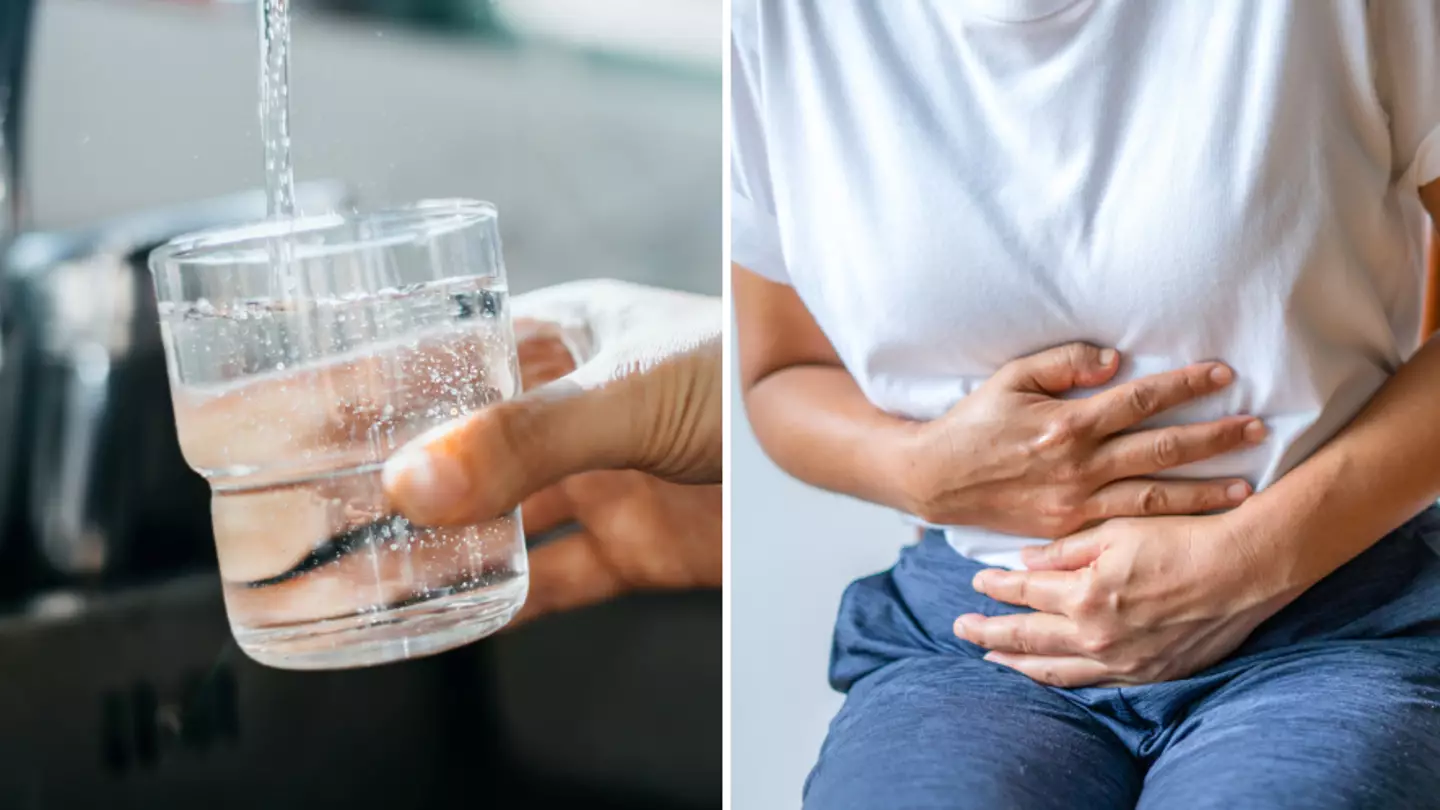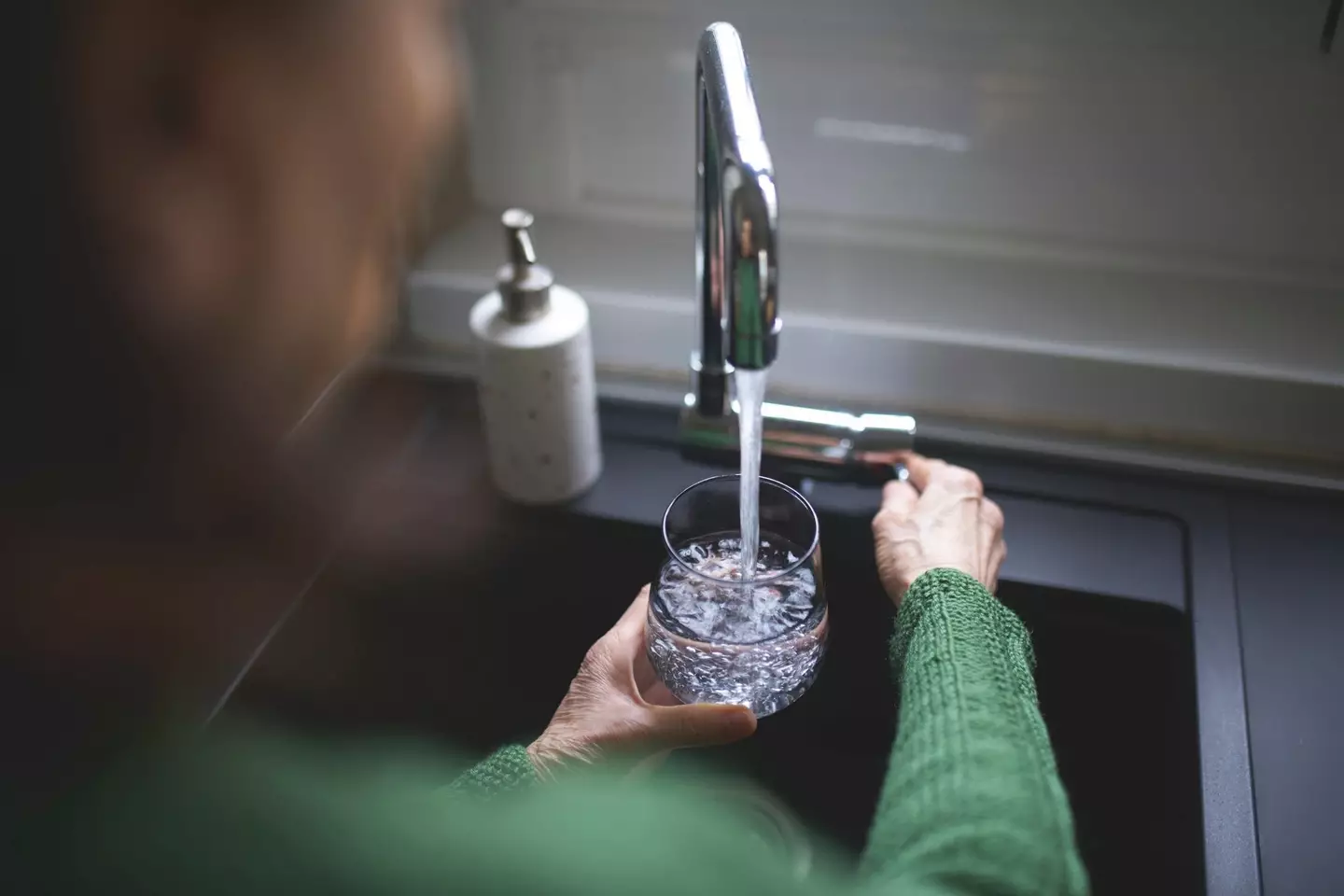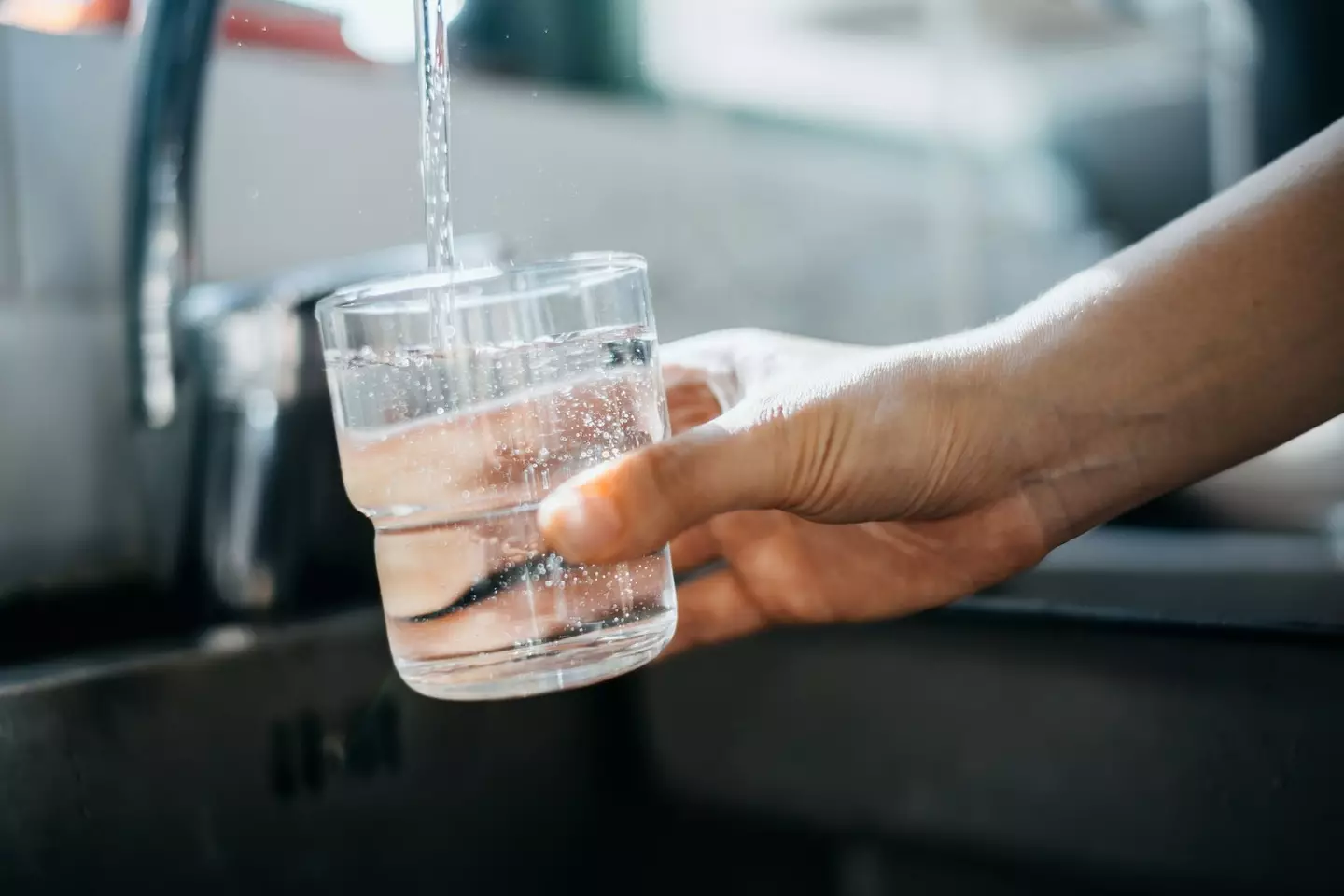
The cause of the water contamination in South Devon has been located after residents were advised to boil their tap water before consuming it.
On Wednesday (15 May), reports cited that South West Water had found 'small traces' of the parasite cryptosporidium - which is described as a 'waterborne disease' by UK Health Security Agency (UKHSA) - in the Hillstead reservoir, which causes cryptosporidiosis.
The water firm said they were investigating the reservoir and the wider Alston area as a potential cause of the outbreak, the BBC reports.
Cryptosporidiosis is an infection that causes diarrhoea, stomach pain and nausea, and people tend to get the parasite after swallowing food or water tainted with faeces.
Advert
The tainted water supply has affected 16,000 households and businesses in places like Brixham, Boohay, Kingswear, Roseland and North West Paignton and hundreds of people have already reported symptoms of cryptosporidiosis to a local Facebook group within the last week.

A primary school has also closed its doors due to no access to drinking water.
The UKHSA confirmed that 22 people have the disease, and up to 70 other cases are under investigation.
According to the firm, those who are ‘quite severely immunocompromised’ or are children are most at risk from the disease.
Sky News spoke to some of the residents affected by the outbreak, with Chaz Attwood telling the publication that his wife has diabetes and has been ill for 16 days: "My wife has been drinking water to keep hydrated because she's diabetic and the insulin that she's had to have has doubled, and basically that affected her to start with.
"So that's made her worse. We're in a dreadful state. She was so weak I even phoned 999, and told the guy what was happening because she'd collapsed."
According to Totnes MP Anthony Mangnall, the cause is a damaged valve which may have allowed contaminated waste into the water supply.
"South West Water believe they have located the source of the issue and initiated a fix but are continuing their investigations and will be testing their network to ensure water is safe." Mangnall said.
Initially, South West Water said the water was safe to drink, before issuing the boil notice.
Chris Rockney, from SWW, said residents within the affected areas should boil water to cook, drink and clean their teeth.

The company also said they were confident that boiled water is safe, issuing the boil notice as a precaution, as per BBC.
The firm have since apologised in a statement, saying: "We apologise for the inconvenience caused and will continue to keep customers and businesses updated."
Rockney also said SWW would continue to work with 'health professionals and monitor the water', and that further advice would given after the water supply had 'returned to normal'.
Mangnall added that the boil water notice is 'therefore likely to be in place for at least a further six or seven days, with bottled water available throughout this period'.
In a statement to Tyla, UKHSA advised people in the affected areas to 'follow the advice from South West Water and boil their drinking water and allow to cool before use'.
Consultant in Health Protection, Sarah Bird, said: "Anyone with a diarrhoeal illness should drink plenty of water to prevent dehydration and if they have severe symptoms like bloody diarrhoea, they should contact NHS 111 or their GP surgery.
“Symptoms include: watery diarrhoea, stomach pains, dehydration, weight loss and fever. Symptoms usually last for about 2 weeks but can be longer, especially in people with weak immune systems. Anyone can get cryptosporidiosis, but it is most common in young children aged between 1 and 5 years and most healthy people will recover fully.
“For most people, cryptosporidium symptoms can be managed at home without needing medical advice.
“Those affected should stay off school and work for 48hrs since the last episode of illness and away from swimming pools for 14 days after the last episode of illness. This is really important to stop further spread of the illness from person to person."
Tyla has contacted SWW for additional comment.
Topics: UK News, Health, Food and Drink
